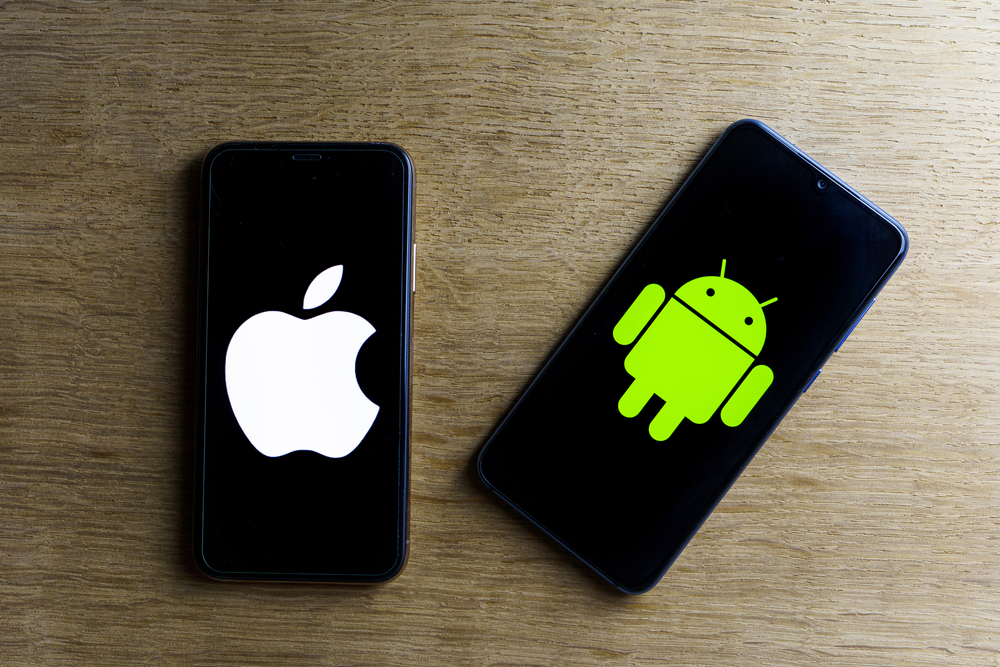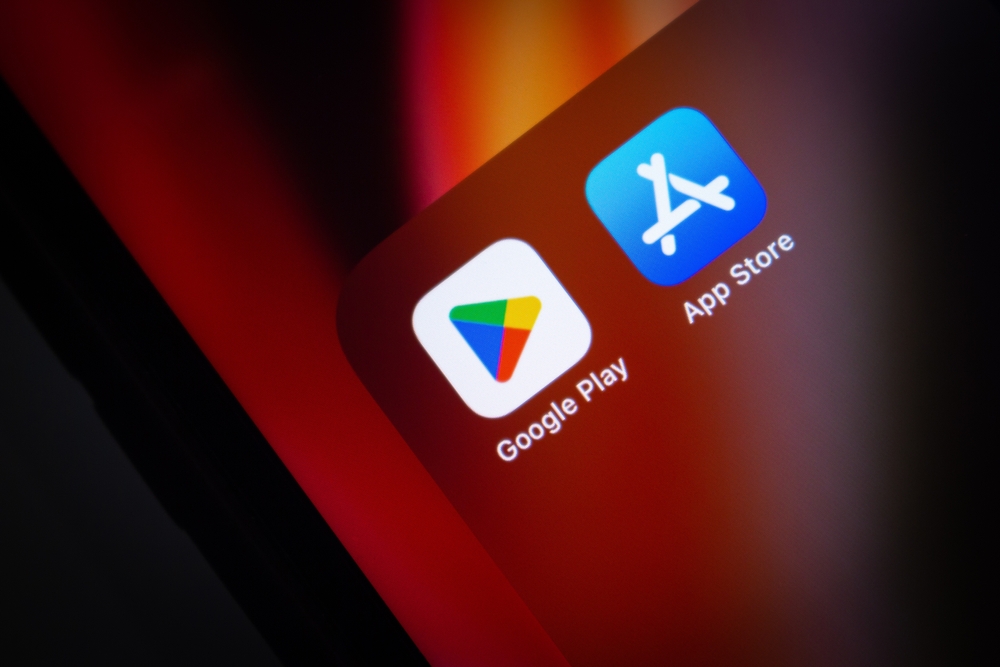
Mobile App Marketing & Promotion: Proven Tips for Maximizing Success

Mobile apps have become an integral part of our daily lives. From staying connected with friends and family to managing finances, there seems to be an app for everything. However, with millions of apps available in various app stores, the competition to grab users' attention and drive downloads can be intense. This is where effective mobile iOS or Android app marketing and promotion strategies come into play. In this article, we will explore proven tips to maximize success in promoting and marketing your mobile App Store or Google Play app .
1. Define Your Target Audience
Before diving into marketing and promotion tactics, it's crucial to identify and understand your target audience. Who are the people most likely to benefit from using your app? What are their pain points, preferences, and behaviors? By answering these questions, you can tailor your marketing efforts to reach the right audience with the right message, increasing your chances of success.
2. Optimize Your App Store Presence
With millions of apps available, standing out in app stores can be challenging. To improve your app's visibility and conversion rate, optimize your app store presence. Start with an attention-grabbing app name that reflects your app's purpose. Craft a compelling app description, highlighting unique features and benefits. Utilize relevant keywords throughout your app store listing to improve discoverability. High-quality screenshots and a visually appealing app icon can also make a significant difference.
3. Leverage App Store Optimization (ASO)
App Store Optimization (ASO) is the process of improving your app's visibility and rankings within app stores' search results. ASO is similar to SEO (Search Engine Optimization) for websites. By optimizing your app's metadata with relevant keywords, you can improve its chances of ranking higher in relevant searches. Research popular keywords related to your app's niche and target audience, and strategically incorporate them in your app title, description, and keywords field.
4. Build a User-Friendly Website
Having a dedicated website for your mobile Android or iOS app can serve as a powerful marketing tool. Your website should provide detailed information about your app's features, benefits, and unique selling points. Additionally, include screenshots, videos, and customer testimonials to showcase your app's value proposition. Optimize your website for mobile devices to ensure a seamless user experience. Integrating sign-up forms and call-to-action buttons can help capture leads and engage potential users.
5. Create Engaging Content
Content marketing plays a crucial role in driving awareness and interest in your mobile Google Play or App Store app . Create informative and engaging content tailored to your target audience's preferences. Develop blog articles, how-to guides, and informative videos that provide value to users and establish your app as an authority in its niche. Share this content on your website, social media platforms, and relevant online forums to reach potential users and drive organic traffic.
6. Tap into Influencer Marketing
Influencer marketing has gained immense popularity in recent years and can be a game-changer for your mobile app promotion. Identify influencers within your app's niche who have a substantial following and engagement with their audience. Collaborate with influencers to promote your app through sponsored content, reviews, or giveaways. This can help you tap into their loyal user base and generate significant buzz around your app.
7. Utilize Social Media Platforms
With billions of active users, social media platforms present a massive opportunity for app marketing. Create and maintain a presence on popular platforms like Facebook, Instagram, Twitter, and LinkedIn. Share engaging content, app updates, and user testimonials to build a community around your app. Use social media advertising to target specific demographics and reach potential users who might be interested in your app.
FAQs
Q1. What is the best way to identify my app's target audience?
A1. Start by conducting market research and competitor analysis to understand your app's target audience. Surveying potential users and analyzing their demographics, preferences, and pain points can provide valuable insights.
Q2. How long does it take for App Store Optimization (ASO) to show results?
A2. ASO is a continuous process that requires gradual optimization and monitoring. It can take several weeks or even months to see significant improvements in your app's rankings and visibility.
Q3. How can I measure the effectiveness of my app marketing efforts?
A3. Utilize app analytics platforms to track important metrics such as downloads, user engagement, retention rate, and in-app purchases. This data will help you understand the effectiveness of your marketing strategies.
Q4. Is it essential to have a website for my mobile app?
A4. While having a website for your mobile app is not mandatory, it can significantly enhance your marketing efforts. A well-designed website provides additional information, builds credibility, and facilitates user engagement.
Q5. Can influencer marketing be effective for all types of mobile apps?
A5. Influencer marketing can be beneficial for most mobile apps, given that you find influencers whose audience aligns with your target user base. However, the effectiveness may vary depending on your app's niche and target market.
In conclusion, maximizing success in mobile app marketing and promotion requires a comprehensive strategy that encompasses app store optimization, website development, content marketing, influencer collaborations, and social media engagement. By understanding your target audience, optimizing your app store presence, and implementing effective marketing tactics, you can increase your app's visibility, user base, and overall success.
Other useful resources
- https://www.appguru24.com/mobile-app-developer/
- https://en.wikipedia.org/wiki/Mobile_app
- https://en.wikipedia.org/wiki/Android_(operating_system)